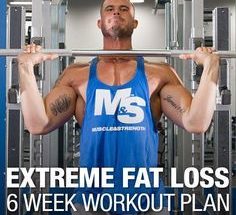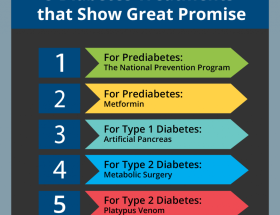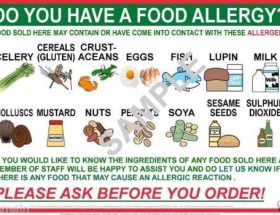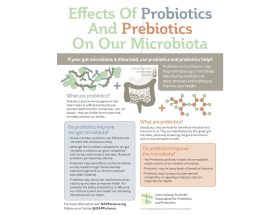As we grow older, our nutritional needs change. Proper nutrition becomes even more crucial to maintain good health and overall well-being. The food we consume plays a significant role in our body’s ability to fight diseases, maintain energy levels, and slow down the aging process. Understanding the impact of nutrition on the aging process is vital to live a healthy, vibrant life.
Fuel Your Body with a Balanced Diet
A balanced diet is the foundation of good nutrition at any age. However, as we age, our bodies may develop different requirements. It is important to focus on essential nutrients, including protein, vitamins, minerals, and antioxidants.
Protein: Building Blocks of Life
Protein is an essential nutrient responsible for maintaining and repairing tissues in our body. As we age, muscle mass naturally declines, making it crucial to consume adequate protein to support healthy aging. Opt for lean sources of protein like fish, poultry, legumes, and nuts. Including protein-rich foods in your diet can help preserve muscle mass, improve bone health, and support immune function.
Embrace the Power of Antioxidants
Antioxidants are critical in combating oxidative stress, which increases with age. Berries, leafy greens, colorful vegetables, and herbs are excellent sources of antioxidants such as vitamins A, C, E, and selenium. A diet rich in antioxidants can protect against age-related macular degeneration, heart disease, and certain cancers. Fill your plate with a variety of colors to ensure you are getting a wide range of beneficial antioxidants.
Essential Vitamins and Minerals
Vitamins and minerals play integral roles in supporting various bodily functions. It is important to maintain appropriate levels of vitamins, such as vitamin D, calcium, B vitamins, and omega-3 fatty acids. Adequate vitamin D and calcium intake helps promote bone health and prevent osteoporosis. B vitamins are essential for maintaining cognitive function and supporting nervous system health. Omega-3 fatty acids reduce inflammation, contribute to brain health, and support cardiovascular health. Incorporating foods such as fatty fish, leafy greens, dairy products, and whole grains into your diet can ensure you meet your nutritional needs.
Hydration: A Fundamental Component of Healthy Aging
Staying hydrated is crucial at any age, but it becomes even more important as we grow older. Proper hydration helps maintain healthy organ function, aids digestion, regulates body temperature, and supports cognitive function. As we age, our sense of thirst may decrease, making it necessary to be mindful of our fluid intake. It is recommended to consume at least 8 to 10 glasses of water per day. Additionally, incorporate hydrating foods into your diet, such as fruits, vegetables, soup, and herbal tea.
Meal Planning for Optimal Nutrition
Meal planning can be an effective strategy to ensure you are consuming a well-balanced diet. Incorporate a variety of whole foods into your meals, including lean proteins, whole grains, fruits, vegetables, and healthy fats. Consider consulting a nutritionist to create a personalized meal plan that meets your specific needs and accounts for age-related dietary considerations.
Adopting Healthy Habits Beyond Nutrition
While proper nutrition plays a significant role in healthy aging, it is essential to adopt other healthy habits to maintain overall well-being:
Regular Exercise
Engaging in regular physical activity helps improve strength, balance, flexibility, and cognitive function. Aim for at least 150 minutes of moderate-intensity aerobic exercise per week, along with strength and balance exercises. Consult your healthcare provider or a fitness professional to develop an exercise routine tailored to your abilities and needs.
Quality Sleep
Getting sufficient sleep is vital for rejuvenating and restoring the body. Aim for 7-8 hours of uninterrupted sleep each night. Establishing a bedtime routine and creating a comfortable sleep environment can contribute to a better night’s sleep.
Mental Stimulation
Keep your brain sharp by engaging in activities that challenge and stimulate it. Reading, puzzles, learning new skills, and socializing can enhance cognitive function and ward off age-related cognitive decline.
Conclusion
Nutrition plays a crucial role in fueling our bodies through the years. With proper nutrition, you can support healthy aging, maintain energy levels, and reduce the risk of age-related diseases. Optimize your diet with a balanced intake of proteins, antioxidants, vitamins, and minerals, while also staying hydrated. Combine these nutritional efforts with regular exercise, quality sleep, and mental stimulation for a holistic approach to healthy aging. Start making positive changes today and pave the way for a healthier, more vibrant future.






